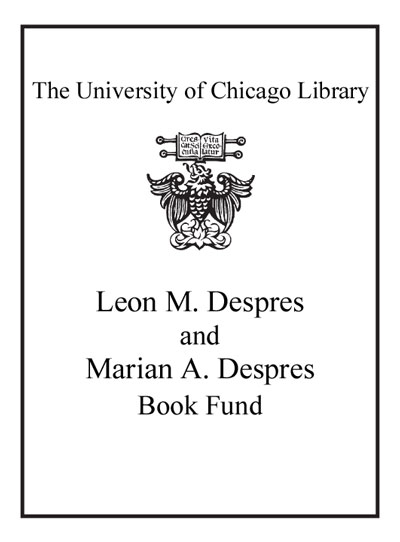Review by Choice Review
With painstaking detail, anthropologist Herzfeld (Harvard) documents the two-and-a-half decade struggle of Bangkok's Pom Mahakan community to resist eviction. The community may be seen as "a mirror that reflects many of the tensions and brittle balances that plague Thai politics and governance today." Herzfeld's adept analysis draws productively on segmentation theory to examine the Thai polities of moeang and prathet, and how they are shaped by the "crypto-colonial condition" of contemporary Thailand and discourses of capitalism, heritage, Thai-ness, and development, to name just a few. Especially fascinating is Herzfeld's lively description of the community's creative and strategic negotiation with bureaucratic power, whether through "buying time," engaging in social rituals of deference and reciprocity, or deploying the services of the anthropologist. The bulk of the text focuses on Pom Mahakan's relations to those outside the community (e.g., Bangkok Metropolitan Administration representatives, politicians, NGO activists, and scholars), though in the last chapters Herzfeld turns to some of the curious internal dynamics of leadership and organization. At its heart, this is a study of human ingenuity and the impulse to make meaning within the paradoxes and limits of history and culture. Summing Up: Recommended. All academic levels/libraries. --LeeRay M. Costa, Hollins University
Copyright American Library Association, used with permission.
Review by Choice Review

